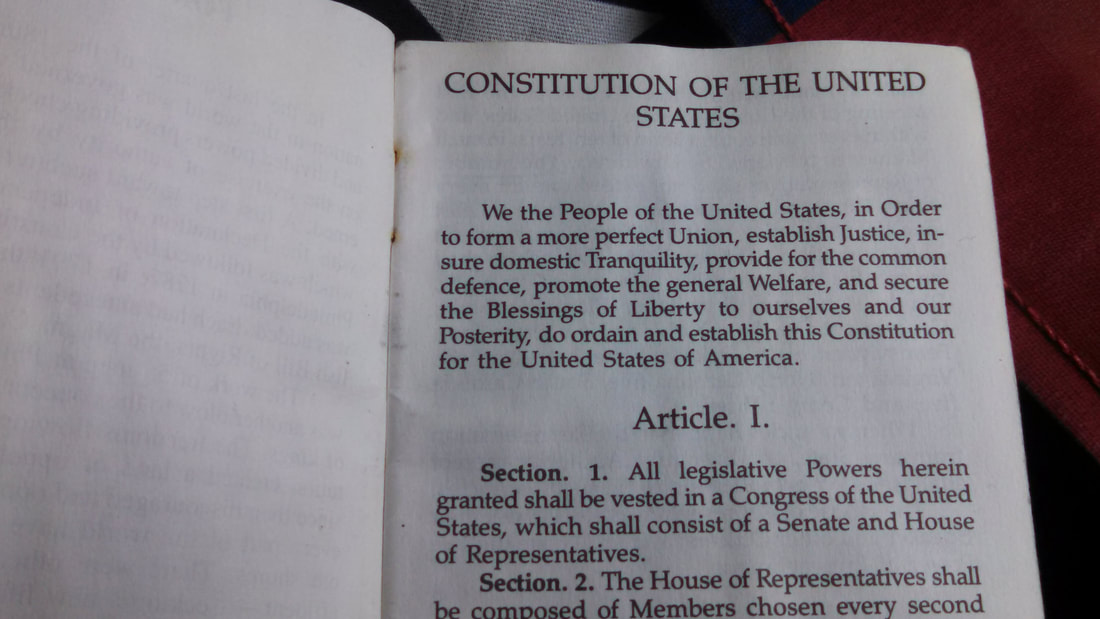 George Washington's Textbook
George Washington's Textbook Today is Usurpation Day, which first happened on 9 April 1792, when the US House of Representatives broke their word and usurped a power not granted by law.
What created that usurpation moment was President Washington’s first veto, which was also the first veto ever under our Constitution.
President Washington, being a surveyor and Freemason, knew numbers; he also knew the Constitution, which he helped write, and which clearly states: “shall not exceed one for every thirty Thousand” (Article 1, Section 2, Clause 3).
What shall not exceed thirty Thousand? That would be the number of Representatives due a state for its enumeration.
In the first attempt to use the enumeration, Congress sent President Washington a bill that dropped the fraction; if a state had thirty Thousand and one, they were due, according to the phrase “shall not exceed,” another Representative. Instead, Congress dropped the fraction and did not give certain states another Representative.
Washington vetoed the bill.
The House of Representatives, unable to override President Washington’s veto, passed a new bill for representation on 9 April 1792, the first usurpation law, and used a divisor of “thirty-three” Thousand for representation instead.
President Washington also knew of the Bill of Rights and its Article the first, the one about moving said representation ratio to forty and then fifty Thousand. Washington either let the new representation bill become law without signing it, or signed it knowing he had made his point and believing this issue would be resolved with the passage of Article the first: this has yet to happen.
Washington was a creator of We the People and the idea of representing ourselves according to numbers. Twenty-twenty is the next enumeration. Why not now ‘Merica? Why not you? Time we did it, time to count the people, divide by thirty Thousand like George taught, and see what We the People really look like … according to numbers.
*Next Up: 9 May and a 2020 We the People update.
Posted by Bryan W. Brickner
~.~
“Those who toy with life never attain mastery. Self-discipline and courageous contemplation are necessary steps to understanding. However, do not become overzealous and drill yourself into the ground.”
From Brian Browne Walker’s The I Ching or Book of Changes: A Guide to Life’s Turning Points (1992)
 RSS Feed
RSS Feed
